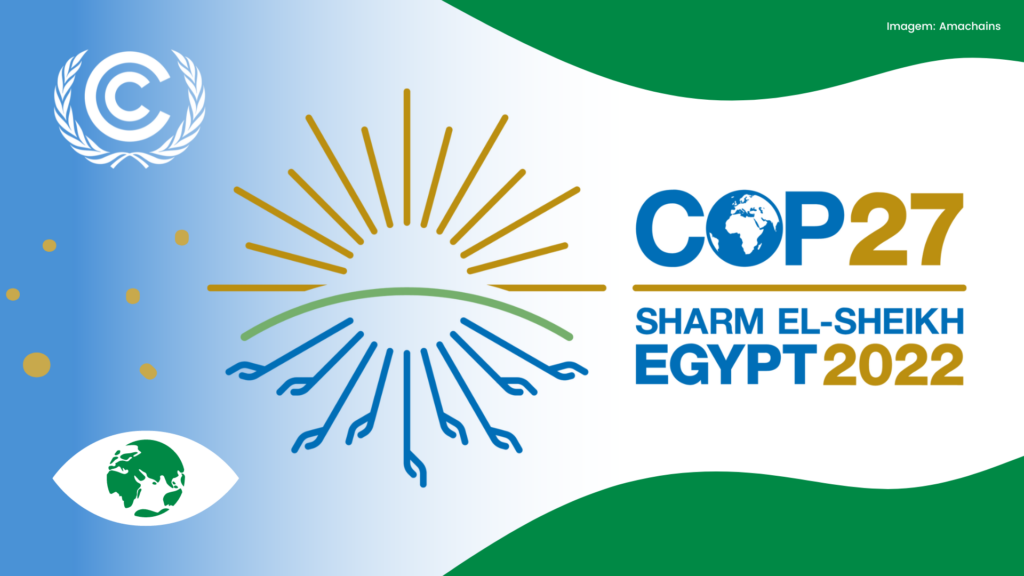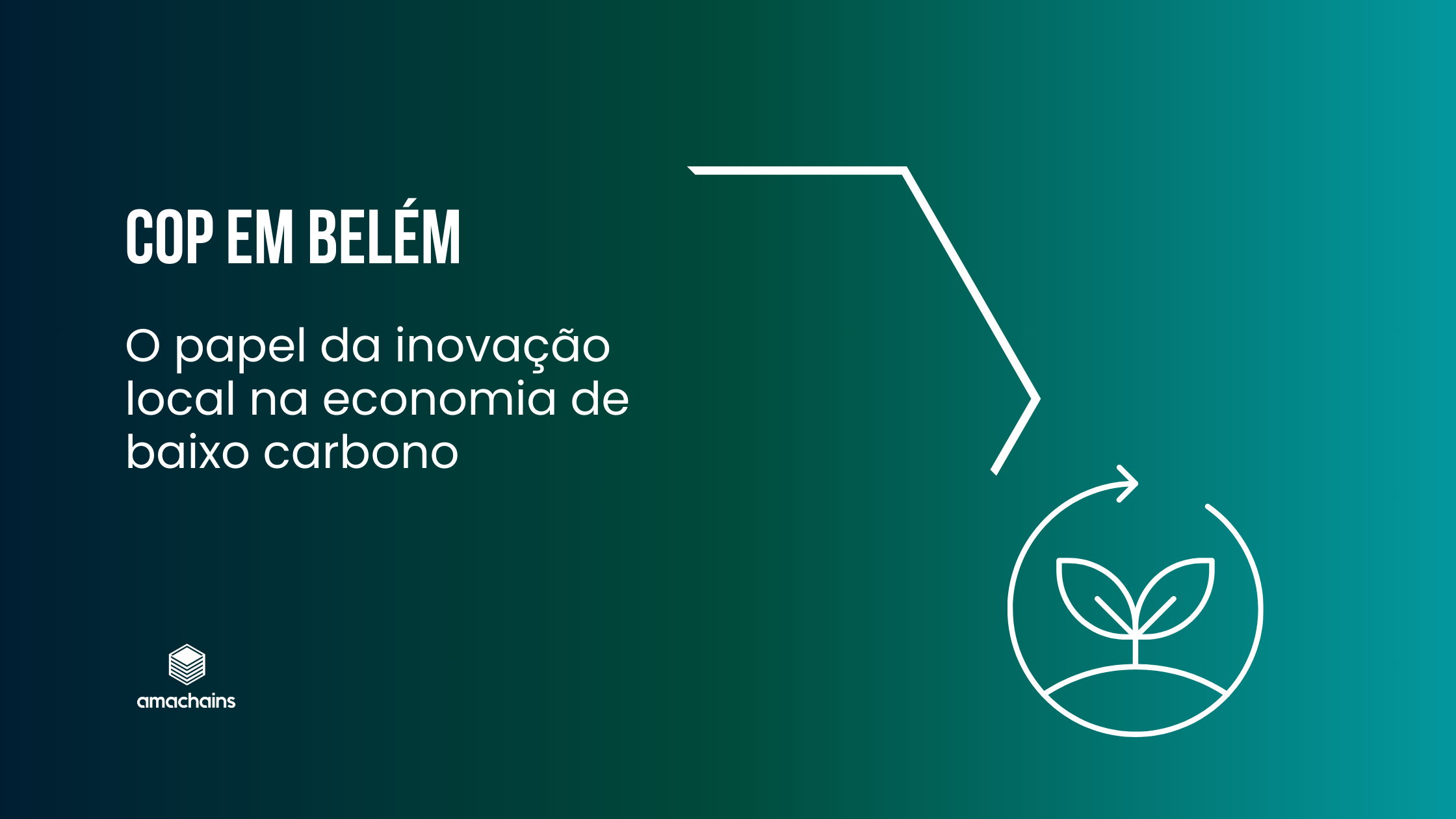The Conference of the Parties to the United Nations Framework Convention on Climate Change held COP 27 in November 2022 in Sharm El-Sheikh, Egypt. The main objective was the implementation of the Paris Agreement through the implementation of Nationally Determined Contributions (NDCs).

- Global Scenario:
According to the report presented during COP 27, greenhouse gas (GHG) concentrations, which are identified as one of the main causes of global warming, reached a historic level in 2021. There was no final position on the global GHG emissions target that we need to reach by 2025 to ensure that global warming does not exceed 1.5°C by 2100.
To achieve this goal, according to calculations by the IPCC (UN Intergovernmental Panel on Climate Change), it is necessary to reduce global emissions by half by 2030 and by up to 70% by 2050, and this target can only be achieved if emissions peak before the year 2025.
- Brazil's participation:
President-elect Luiz Inácio Lula da Silva (PT) announced the goal of completely eradicating deforestation and degradation of Brazilian biomes by 2030, while also creating the Ministry of Indigenous Peoples. He stated that “the fight against global warming is inseparable from the fight against poverty and for a less unequal and fairer world.” The president-elect also offered Brazil as the host city for COP 30 in 2025.
During the event, Brazil argued that the services provided by environmental preservation and carbon sequestration must be financially compensated to ensure sustainability. Consequently, the federal government renewed the Sectoral Plan for Mitigation and Adaptation to Climate Change for the Consolidation of a Low Carbon Economy in Agriculture (ABC) for another ten years, covering approximately 73 million hectares. The goal is to mitigate more than 1 billion tons of carbon by 2030.
- Approved agreements:
On the topics of adaptation to climate change, as well as adaptation, loss and damage, some agreed initiatives were the following:
➙ Sharm El-Sheikh Adaptation Agenda: a cooperation between the Marrakesh government and the COP27 presidency, which aims to increase the resilience of 4 billion people to the effects of climate change. This agenda highlights the urgent need for evidence-based and actionable adaptation plans for all stakeholders, making climate risks visible and accessible, and applying locally led principles.
➙ Action for Water Adaptation and Resilience (AWARe): an initiative also led by the COP 27 presidency that aims to promote projects and improve water supply.
➙ Global Shield Against Climate Risk: a commitment by the world's leading economies (G7) to provide financial support to the V20 group, made up of the most vulnerable countries, in order to prevent climate risks.
➙ Loss and Damage Fund: The creation of a fund for the most vulnerable countries affected by climate disasters is considered the greatest achievement of COP27, although plans for delivery are lacking. This agreement is groundbreaking and the result of decades of discussions.
In order to implement and execute the resolutions discussed, it is essential that developed nations fulfill their promises of technical and financial assistance to reduce and mitigate the negative impacts resulting from climate change.








